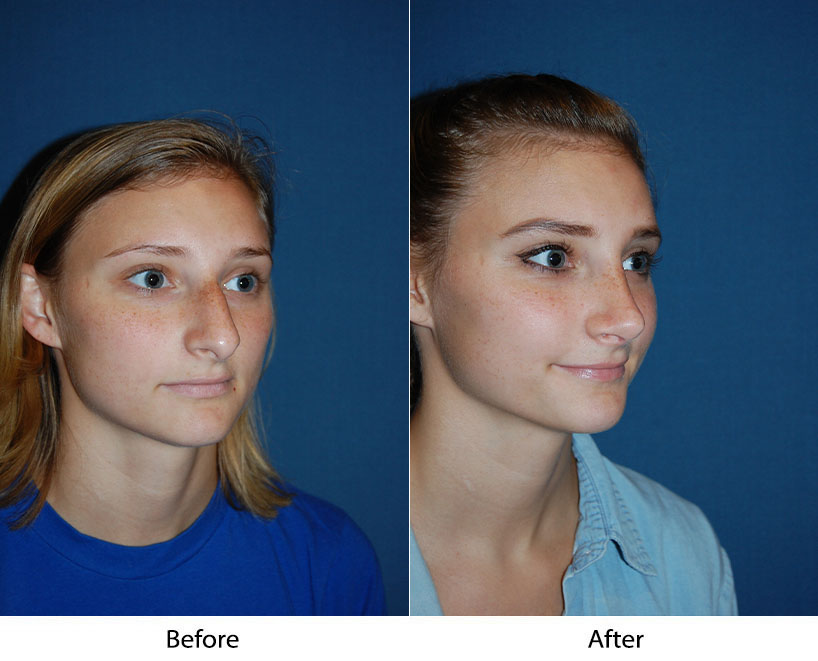Preparing for the nose job
To make sure you get the best nose job available, there are two things you need to do first:
- Find a highly-rated surgeon with a state-of-the-art suite for operations. Ideally, this will include computer imaging software that can show you your face with different noses on it.
- Make sure the surgeon fully understands what you want, but be prepared to follow his or her advice. The nose you want might not be right for your face, and you might even need a chin implant instead of a rhinoplasty.
There are also steps you can take to prepare for surgery:
- Two weeks before undergoing rhinoplasty, stop taking aspirin, ibuprofen, vitamin E or herbal supplements.
- Stop smoking. Don’t start again until your nose is completely healed.
- The day before surgery cut back on salt.
- Make sure you have someone to drive you home and help you out for the first few days afterward, and plenty of lip balm and liquid nourishment on hand.
Recovering from the nose job or rhinoplasty
The most common aftereffects of rhinoplasty are swelling and bruising in the nose. The bruising will fade within a week to ten days, but the swelling can last for several weeks, and you won’t know what your new nose looks like until the swelling is gone. For best results:
- Breathe through your mouth as much as you can.
- Use lip balm and drink plenty of fluids to keep your mouth from drying out.
- To reduce swelling, keep your head elevated when you sleep.
- Don’t do anything strenuous, such as lifting heavy objects, if it’s likely to raise the blood pressure in your head. For the same reason, try not to bend over.
- Don’t blow your nose. If you’re wondering how to avoid sneezing, the best way is to avoid situations that might lead to it — anything involving dust and pollen, for instance. Keeping your social contacts to a minimum and washing your hands frequently will reduce your chance of catching an illness that could lead to sneezing or nasal congestion.
- Don’t wear glasses. If you need glasses, get some that use cheek rests.
- Some surgeons recommend lymphatic drainage massage to reduce nasal swelling, but others don’t. Ask your surgeon if this would help you.
Charlotte’s most experienced rhinoplasty surgeon
Dr. Sean Freeman is Charlotte’s top rhinoplasty surgeon, certified by two different surgery boards. He has done only facial plastic surgery, including nose jobs, since 1988. Many of his patients have already gotten nose jobs from other surgeons and come to him for revision rhinoplasty to make them better. If you live in or near Charlotte and are interested in a nose job, schedule your appointment today or ask for online consultation to get a discount on the consultation fee.
Contact Dr. Sean Freeman at Only Faces, Charlotte’s most experienced rhinoplasty surgeon and top facial plastic surgeon, to schedule a consultation to find out what procedure is right for you. Call today.

